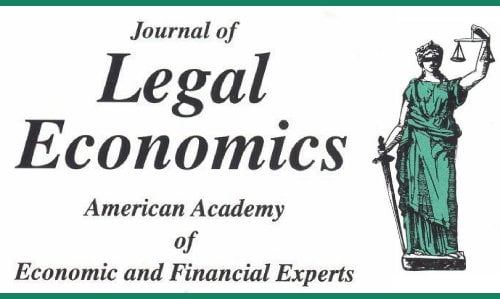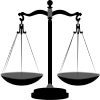
A Review of Forensic Economic Issues Involved in Hambrook v. Smith
$25.00
Thomas R. Ireland and James D. Rodgers. 2018. A Review of Forensic Economic Issues Involved in Hambrook v. Smith. Journal of Legal Economics 24(1-2): pp. 73– 93.
Federal District Court Judge Alan C. Kay announced his decision in Hambrook v. Smith, et al., on August 17, 2016. This decision was especially rich in dealing with issues of relevance to forensic economic experts. The decision indicates that a plaintiff in wrongful death circumstances can choose between claiming damages under Hawaii’s Wrongful Death Act or Hawaii’s Survival Act and suggests that the plaintiff chose incorrectly in this case. It provides an update to Hawaii’s somewhat unique standard of allowing an estate to recover for loss of enjoyment of life of a decedent, but not permitting economic testimony regarding the amount of the loss. It provides a detailed analysis regarding the interaction between an economic expert’s evaluation of loss of financial support and loss of household services. It provides discussion of how the judge reached his awards for loss of society. It provides a judge’s evaluation of economic experts for both plaintiff and defense. It is relevant to the question of whether personal consumption of a decedent should be based upon family income or only on the decedent’s income. It is relevant to the issue of using earnings history versus reasonably expected future earnings. It deals with whether poverty thresholds can be used to measure the reduction for personal consumption or personal maintenance. It also raises questions about what is meant by ‘‘the literature’’ in forensic economics.
| Authors | James D. Rodgers, Thomas R. Ireland |
|---|---|
| Publication Year | 2018 |
